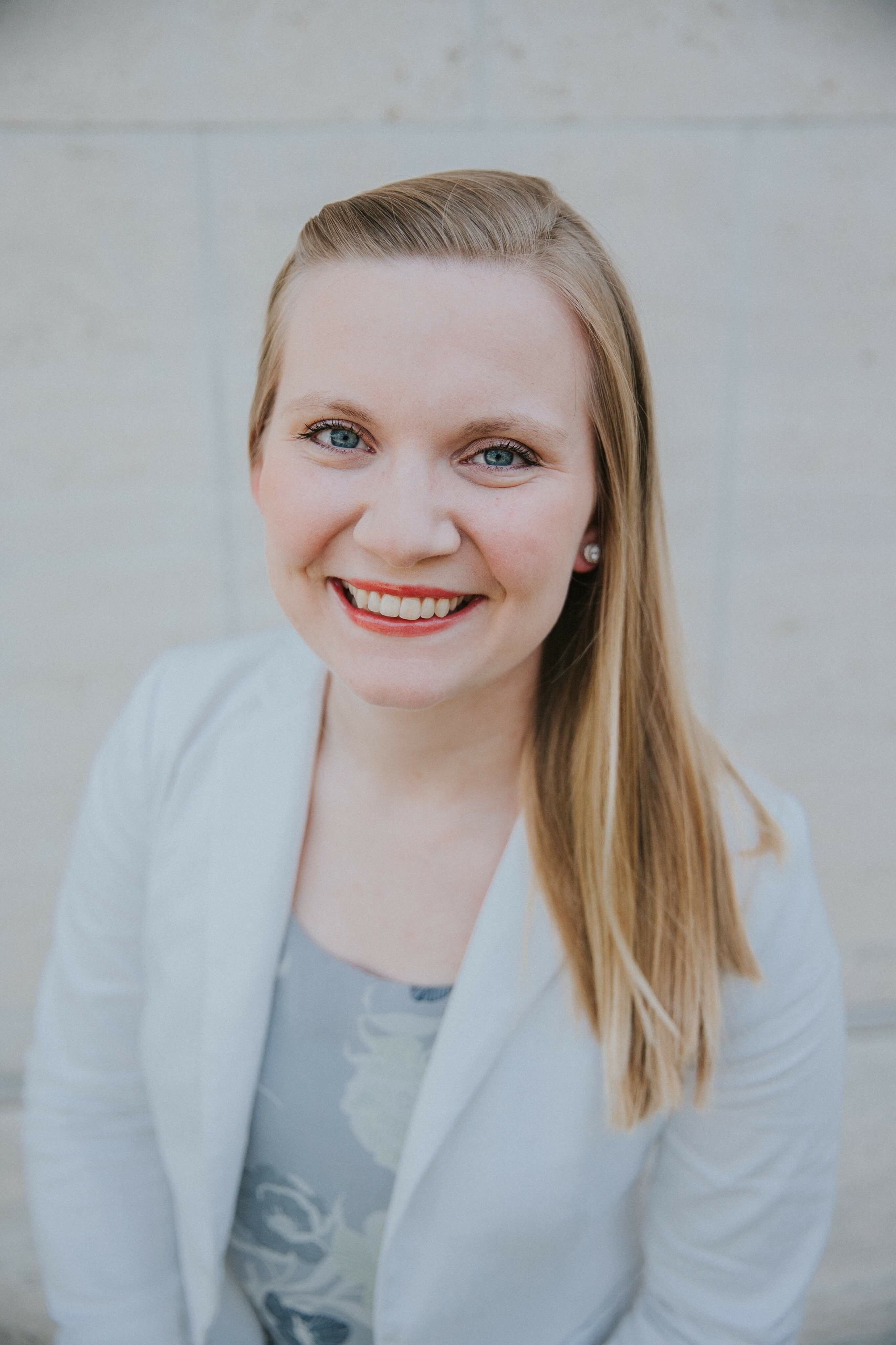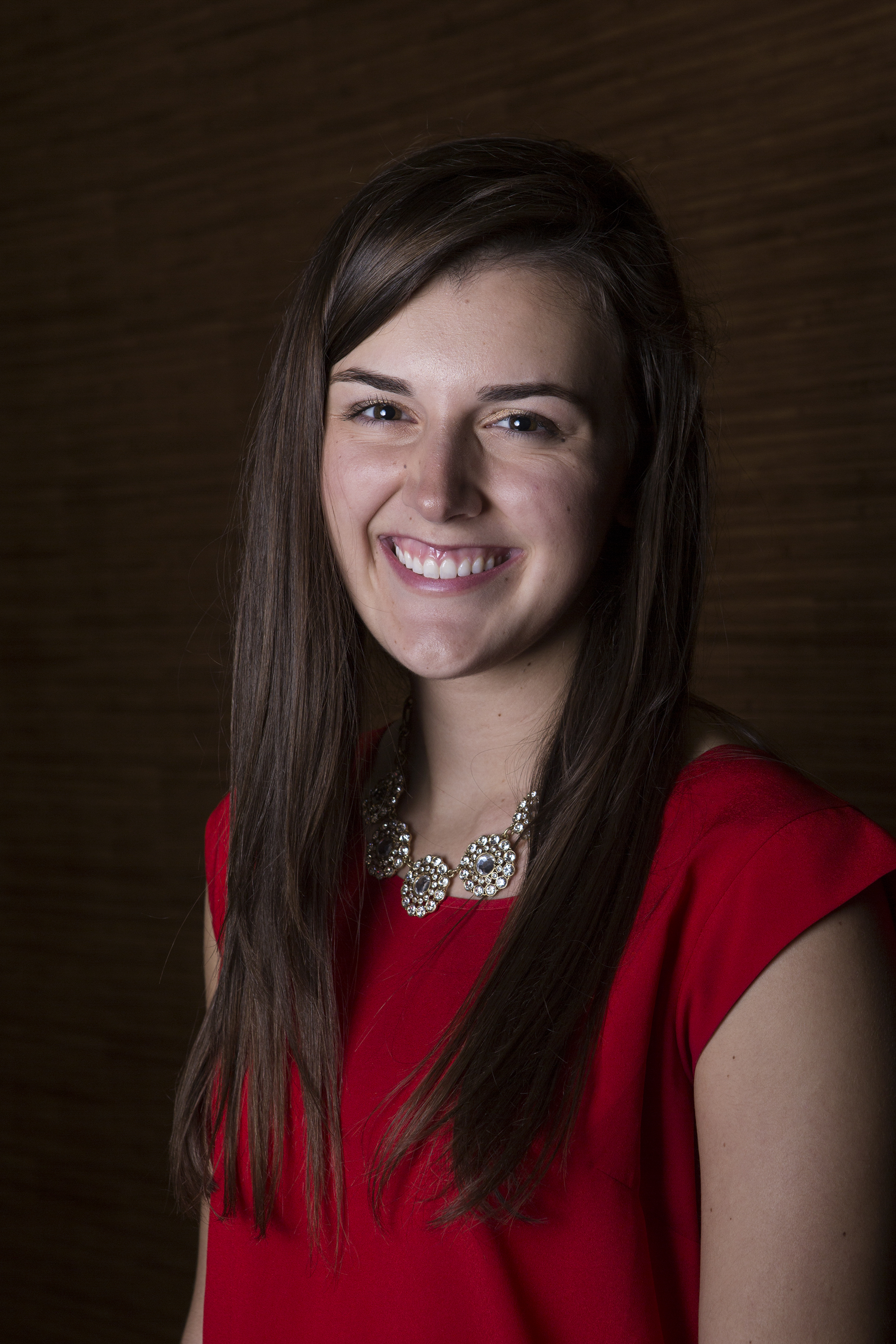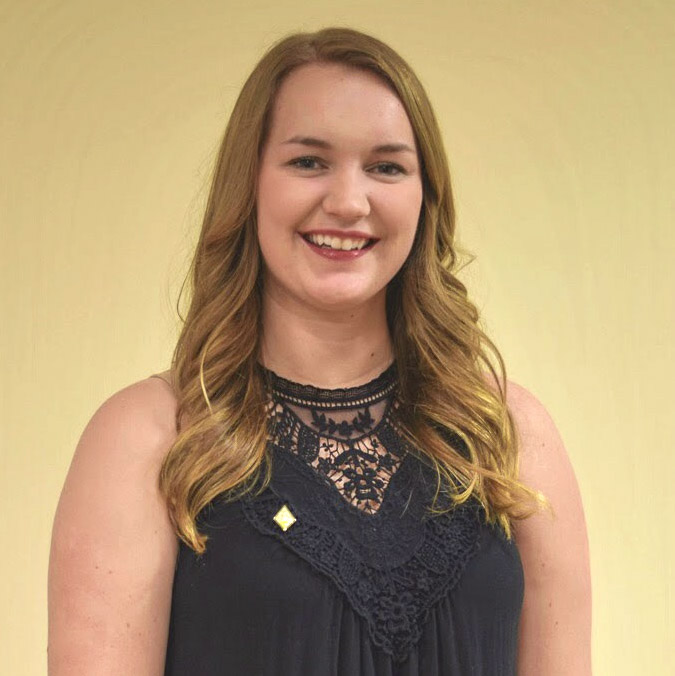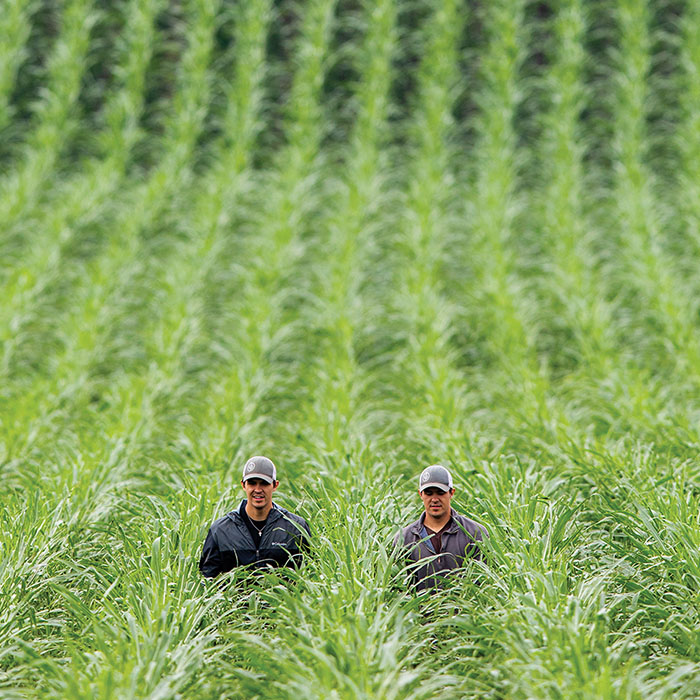
As a brighter spotlight is placed on the agriculture and natural resource industries to provide food and water security for future generations, the University of Nebraska–Lincoln’s College of Agricultural Sciences and Natural Resources is doing its part to prepare the next generation to take on this daunting task. CASNR celebrated its largest-ever graduating class in spring 2019. One of the attributes that has helped the college excel is the focus on a holistic, well-rounded experience.
“It’s important for students to take advantage of their time as a student in CASNR, to truly help them discover their unique talents and strengths” CASNR Dean Tiffany Heng-Moss said. “To guide them on this exploration, we foster an inclusive environment that empowers students to make their mark in the college, the state and the world.”
That inclusive environment goes far beyond the walls of the classroom. CASNR has created numerous opportunities for students to take advantage of their time in the college, to help them grow professionally and personally. Traveling abroad, participating in campus-based research, completing internships and engaging with the local community are common experiential learning opportunities for CASNR students.
While the experiences of CASNR grads are diverse, what unites the community is science. The foundation of all 30 degree programs offered by the college is science. Alumni have the opportunity to use the application of that science to solve grand problems and create opportunities in their professional careers.
With a wealth of diverse experiences, and a degree grounded in science, CASNR graduates are prepared to pursue careers in a variety of industries. This year’s CASNR alumni can be found in a number of places, from the classroom to the operating room and from the cornfield to the corner office.
Jordan Classen, operations management associate, Cargill
When first starting to think about a career, Classen had a difficult time narrowing her interests. The mechanized systems management major from Fayetteville, North Carolina, knew she wanted to work in the agricultural industry, but didn’t know in which field. To help her turn her passion into a career path, she turned to her academic adviser.

“My adviser was able to introduce me to different industry professionals that I could learn from,” Classen said.
CASNR has a rich heritage of individualized undergraduate student advising by faculty. While CASNR’s traditional advising model has evolved to include professional advisers, the commitment to personalized advising remains a hallmark of the college.
“I really like how important every single person is in CASNR,” Classen said. “I never felt like I had to follow a cookie-cutter example, and everyone I interacted with took interest in me personally.”
This advising coupled with several on-campus experiences — such as being president of the Mechanized Systems Management Club, communications officer for the American Society of Agricultural and Biological Engineers Club, member of the quarter-scale tractor team and student ambassador for the Department of Biological Systems Engineering — prepared Classen to launch her career. During the CASNR Career Fair held on campus every fall, she connected with representatives from Cargill, which led to an internship and full-time position as an operations management associate in the Albion, Nebraska, office.
Becky Brooks, medical school student, University of Nebraska Medical Center
Brooks plans to become an oncologist or an obstetrician-gynecologist one day. The Lincoln native took her first step toward reaching this goal by pursuing a degree in biochemistry through CASNR, while minoring in chemistry, psychology and mathematics. Beyond her academic pursuits, Brooks was active on campus, serving as a New Student Enrollment orientation leader and chemistry lab teaching assistant and conducting research.

“I was funded by UCARE to conduct research on immigrants and children of immigrants pursuing degrees in STEM fields at community colleges in Nebraska,” Brooks said.
Nebraska’s Undergraduate Creative Activities and Research Experiences program supports undergraduates to work with faculty mentors in research or creative activities. Students receive stipends to engage in intensive research or creative activity for 20 hours per week. That faculty mentorship played a significant role in shaping Brooks’ CASNR experience.
“As a student in CASNR, you are mentored by many members of the CASNR faculty,” Brooks said. “When I needed a co-adviser for my thesis, many CASNR faculty members were willing to guide me in the research and writing process. CASNR wants to help you be successful and fosters a sense of academic excellence and curiosity in every student.”
Kara Sybrant, agriculture teacher, Rock County High School
Sybrant, a Springview, Nebraska native, said she wouldn’t trade her CASNR experience for anything.

“My favorite part of being a CASNR student was being able to walk across campus and know almost everyone I met,” she said. “I credit this to being involved in several activities and having a variety of classes with a variety of majors.”
Sybrant was involved in Sigma Alpha and the Agricultural Education Club, served as a teaching assistant for a genetics course, and was a student worker in the Department of Agricultural Leadership, Education and Communication and a student coordinator for FFA career development events. She plans to use these experiences to support students while teaching agriculture at Rock County High School in Bassett, Nebraska.
“Each student is so unique, and I want to provide as much as I can for them as individuals,” Sybrant said.
Supporting individuals, not just students, is a concept that CASNR has embraced, as well. CASNR Cares — Caring Attitudes and Respect for Every Student — is a hub for students, parents, faculty and staff to start with when there are questions or concerns that affect a student’s educational experience. The program can help students if they have a family or health emergency and can’t attend class, have trouble adjusting to college or just need someone to talk to.
“CASNR Cares is one reason CASNR has such a high student-retention rate,” said Nicole Smith, CASNR’s student development and CASNR Cares coordinator. “Students know where to go when they have questions or need help.”
Matthew Brugger, entrepreneur, Upstream Farms
Brugger wants to provide a new narrative of what modern agriculture could and should be. To do this, the Albion, Nebraska, native has launched a business venture with his brother and fellow CASNR alum Joe, called Upstream Farms. Their mission is to cultivate integrated solutions for producers and healthy food options for families, and to build rural communities.
While pursuing a degree in applied science, Brugger also minored in animal science, agricultural economics and Engler Entrepreneurship. The Engler program offers an academic minor that fosters the development of professional skills conducive to success in entrepreneurism. According to Brugger, Upstream Farms wouldn’t exist if it weren’t for the Engler program.
“The Engler Entrepreneurship Program up to this point has been the single most beneficial decision in my life,” he said.
In addition to managing an integrated crop-livestock operation near Albion and offering agronomic support to producers, Upstream Farms is supporting rural communities by providing everything from coaching to capital. The brothers believe that their lessons learned and success in the field can translate to main street, and help small communities thrive.
“Upstream Farms is a reflection of myself and my values, as well as my single biggest passion,” Brugger said. “I would never have been able to pursue that without CASNR.”











